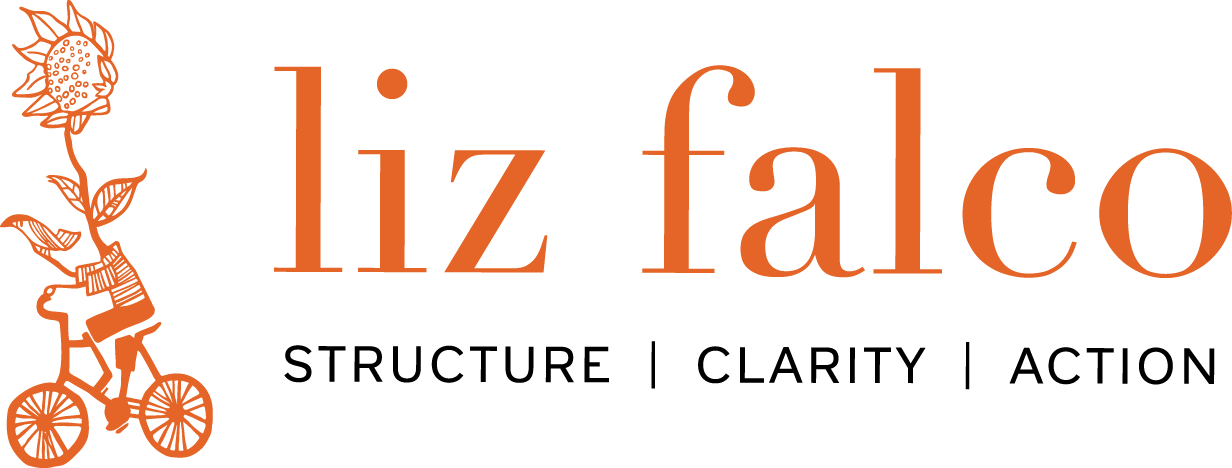A few summers ago, we went on a trip of a lifetime to Ecuador – including 6 days on the Galapagos Islands and 4 days in the Amazonian rainforest. In some ways it was like visiting another planet (or two) – with unique wildlife, landscape, new sounds and smells. There is nothing like escaping one’s own world to gain perspective. When you leave an intense experience with the natural world, the culture shock returning home can be significant and thought provoking. For me, the reality of climate change was hard-hitting and the experience reminded me that our place in the world is small and finite and that we should aim to make the most of it and contribute at our best.
As we return to our routines of school and work, I hope that we’re able to re-connect with Nature more regularly – and not wait until our next big eco-adventure. We’ve put up a bird feeder, plan to go on more hikes, even in the city, and are more appreciative and observant of all the living things around us.
In his book, The Nature Principle, Richard Louv says that “The future will belong to the nature-smart – those individuals, families, businesses and political leaders who develop a deeper understanding of the transformative power of the natural world and who balance the virtual with the real. The more high-tech we become, the more nature we need.”
As educators and parents, we need to continue to provide opportunities to our youth that integrate a connection with nature – through outdoor play, mini eco-adventures, environmental field studies and ideally cross-curricular programming that links traditional indoor academics with nature. Experiencing the natural wonders has restorative effects such as “nimbler bodies, broader minds and sharper senses” – all key ingredients to good learning.
For more information about the importance of the child/nature connection, check out the work of the The Child and Nature Alliance of Canada
Interested in installing a natural playground at your school or in your community? – click here and here!





